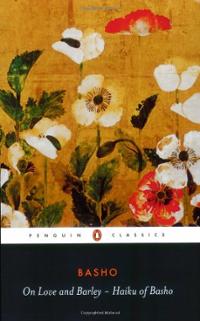 The World According to Garp by John Irving (1978). I first found this book when I was stuck in a miserable first marriage and living in Pittsburgh, a city that seemed to hate me. To say this book rescued my life is an understatement. A wild and wooly tale of a writer and the characters in his life, the book is filled with joy and surprise after surprise. Irving zips through story lines, blending comedy with tragedy, for a wild, painful, exuberant ride of a novel.
The World According to Garp by John Irving (1978). I first found this book when I was stuck in a miserable first marriage and living in Pittsburgh, a city that seemed to hate me. To say this book rescued my life is an understatement. A wild and wooly tale of a writer and the characters in his life, the book is filled with joy and surprise after surprise. Irving zips through story lines, blending comedy with tragedy, for a wild, painful, exuberant ride of a novel.
Total Points: 2 (CL 2)
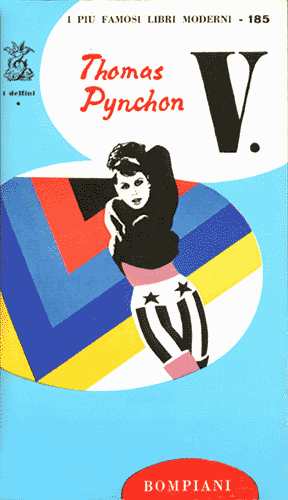


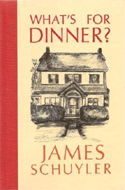
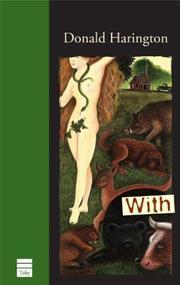
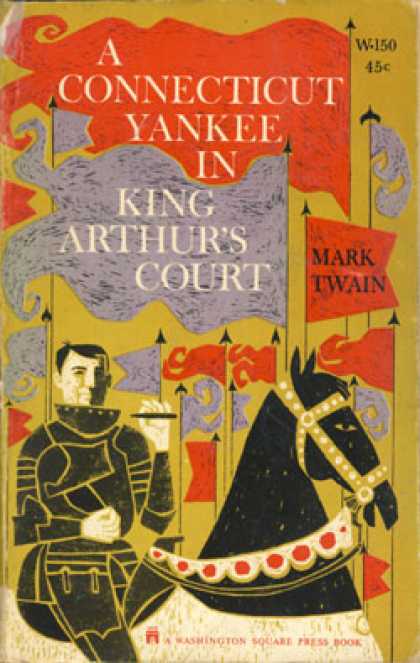
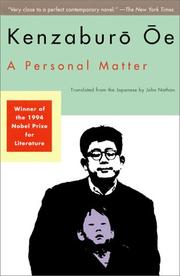
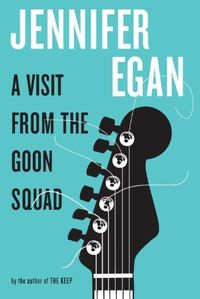

 Alias Grace
Alias Grace


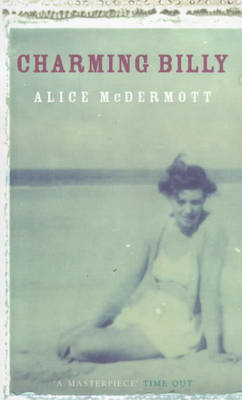
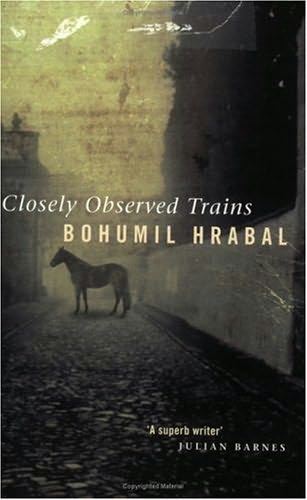

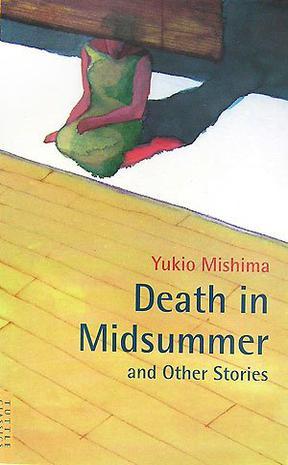
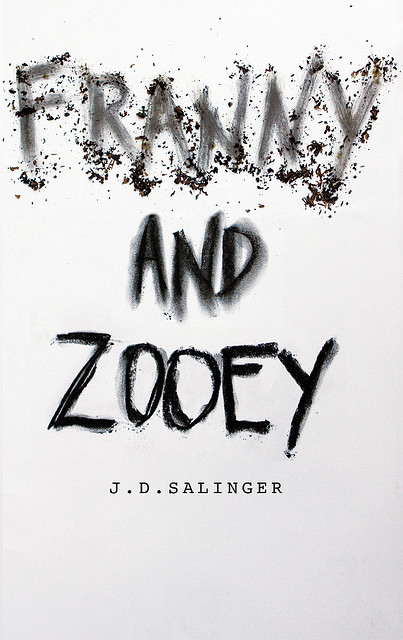 Franny and Zooey
Franny and Zooey